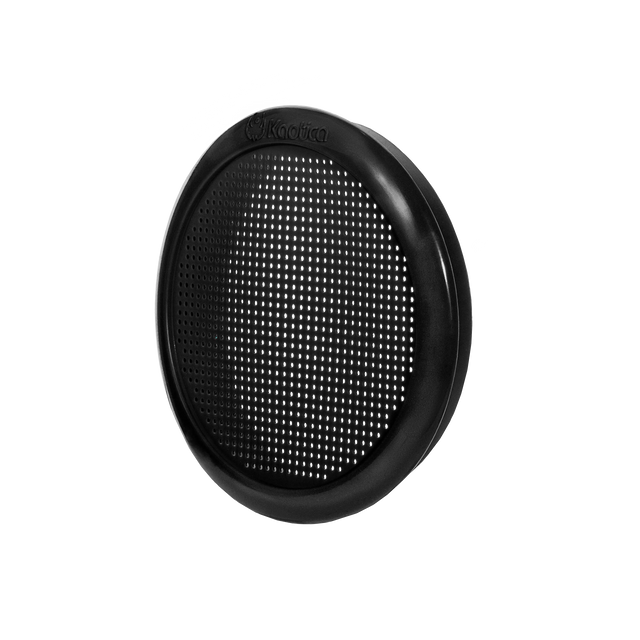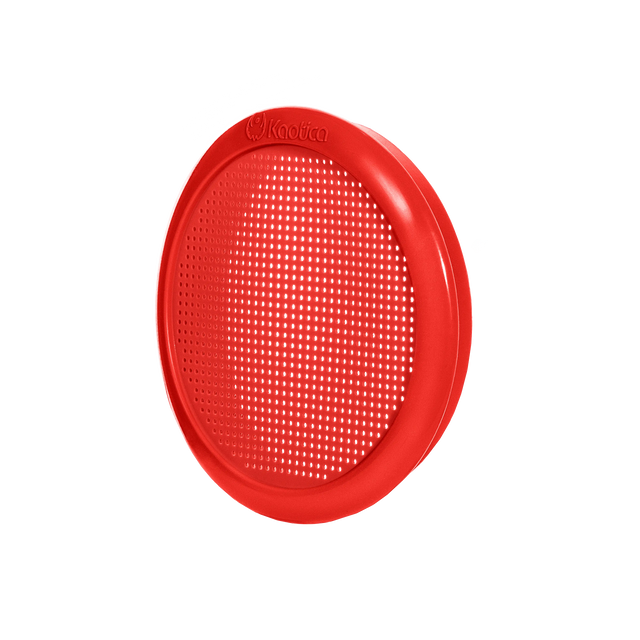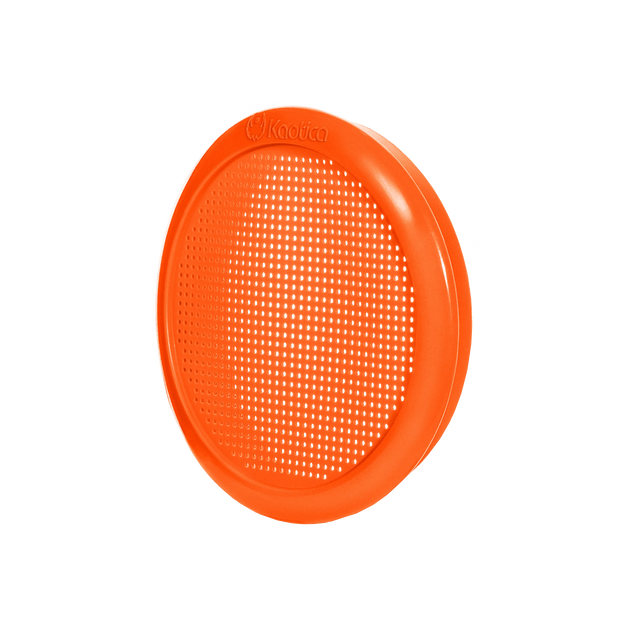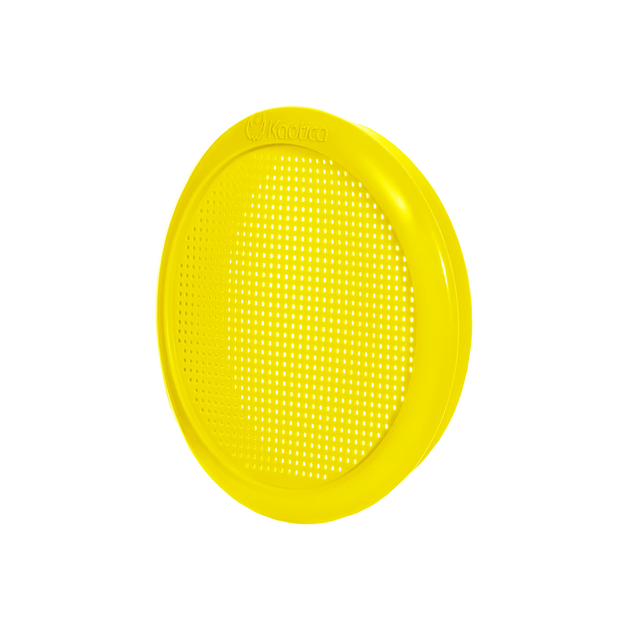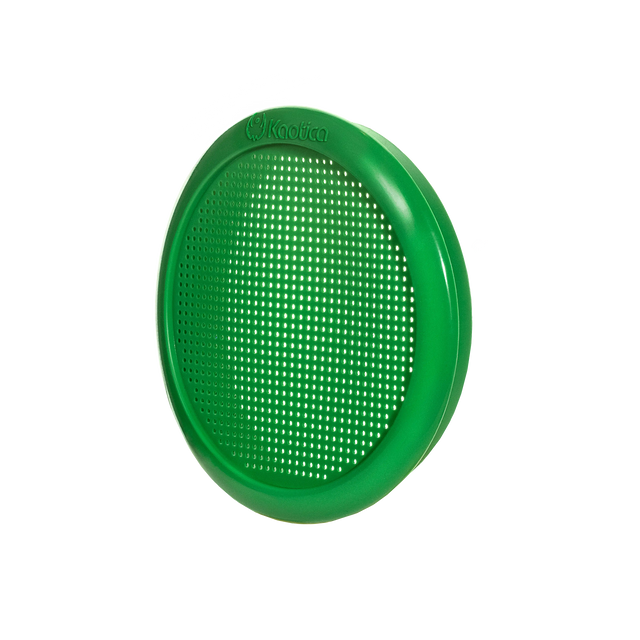
Slikk Muzik
"Running on faith"
That’s how one might describe the career path of Oscar/Grammy nominated, Golden Globe and multi-platinum award winning music producer Rickey "SlikkMuzik" Offord, born and raised in Dallas, TX.
With no formal training, the self-taught musician acknowledges God for giving him the gift of music
Which he has been making since the tender age of 5 years old. Based on his pure faith, he left his job in corporate America and moved to Hollywood to pursue a music career full time. That leap of faith paid off handsomely when Capitol Records offered him a record deal with Rodney “Darkchild” Jerkins.
Slikk's versatile production style runs the gamut from the most lush, beautiful gospel songs to the hardcore street hip hop beats and everything in between.
Though many have compared his production style to that of Jerkins, Slikk likens his own unique style to fall somewhere between Jerkins and Timbaland’s heavy percussive style. Slikk has honed that style to good use, selling millions of records for a star studded cast of talent that includes mainstream artists like Ariana Grande, Baby Face, Ginuwine, Lecrae and Trevor Jackson to name a few.
We got to catch up with Slikk and asked him to share some insights on where it all began for him and navigating some of the challenges of recording in a modern, ever changing environment.
How did you get started in music?
Pretty much just growing up in the church playing the drums and playing piano man, just freestylin’. By the time I was 13 I found out I was making beats.
How do you use the recording studio as an instrument?
I think anything can be an instrument you know. So it starts out with the idea in your ear. So the studio for me just pretty much brings everything to life.
What are some of the problems you face when you receive tracks from artists you didn’t record?
Normally like the most common problem that I ever get when it comes to people sending me vocals is if they're like distorted or the quality of the vocal don't match with a chorus and a verse. Different microphones. Or not using a real studio microphone. That's normally the most common problem I get.
"I USED TO RECORD AT HOME A LOT"
I first got started and it was all about getting a nice isolated vocal that a producer can work with or if I was producing and mixing and getting the vocals that someone could work with. It helps to know a little bit about acoustics and how to get separation working in a home music studio.
How has the Kaotica Eyeball enhanced your work flow?
"You know when I first started out it was like recording in the bedroom closet or the bathroom."
With the Kaotica Eyeball it just makes everything so much more professional now. You know it gives a warmer sound to the vocal. It eliminates all the distortion, all the extra feedback. It takes all that out so that's what I appreciate about it.
How has the Eyeball helped with your mobile recordings?
I love to travel. Being able to record on the road when you have that inspiration in that moment and being able to get a high quality recording of that is crucial. Having my Kaotica Eyeball with me is like carrying around the best portable sound booth.
How important are vocals to the song?
Honestly man, being signed to Rodney Jerkins man, he pretty much changed my entire perspective on that. Of course, the beat’s got to be knocking you know. But vocal production is definitely important. The chorus has got to be solid and the melodies. Everything needs to be catchy and needs to be a hit from the beginning. Not just the beat but the entire song.
What advice would you give to aspiring producers trying to get to where you’re at now?
Consistency. You know just being consistent. Just keep being different, man. Not trying to get caught up in a trend. Find your own name, find your own sound and really sticking to it and just mastering your craft man and just staying at it. Consistency, man.





